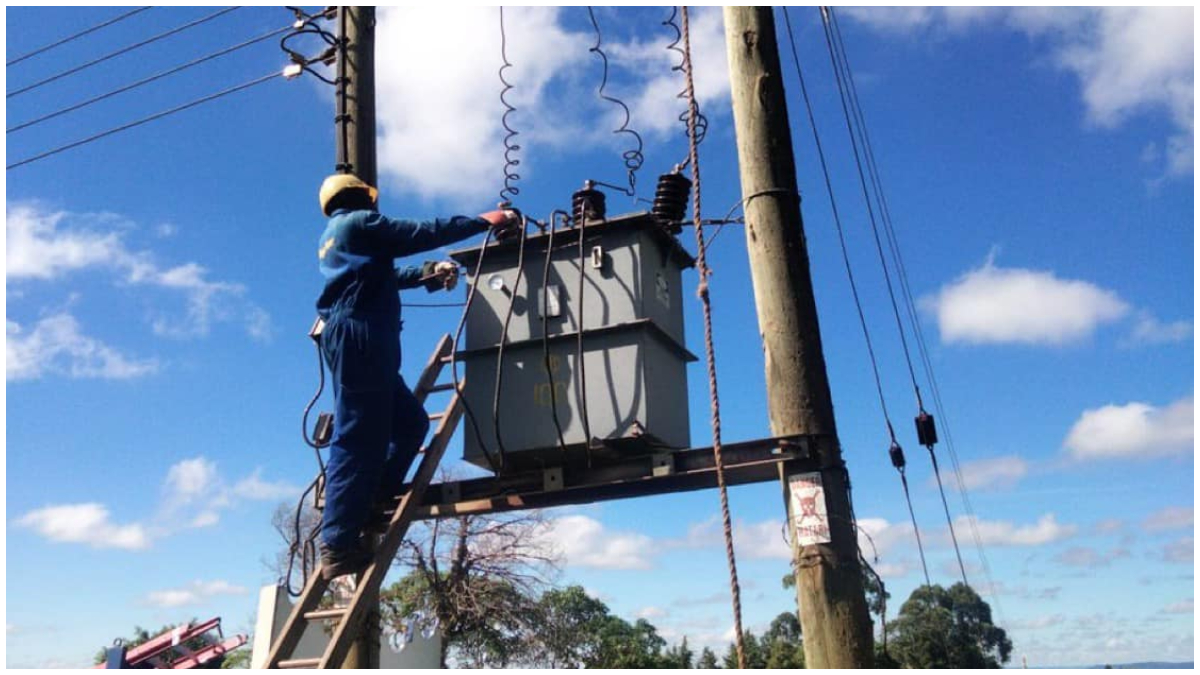The Institution of Engineers of Kenya has expressed deep concerns regarding the declining reliability of electricity supply in the country.
In a statement on Friday September 6, 2024, the engineers noted that the country has witnessed frequent power outages both nationally and at the regional level.
“On 25th August 2023 there was a national blackout that lasted for 17 hours. On 10th December 2023 there was another national blackout.
“This lasted for almost 8 hours before power was restored. On 30th August 2024, power was lost in most parts of the country apart from North Rift. It took well over 8 hours to restore the power,” read part of their statement.
“As this statement goes out, large parts of the country are in power blackout,” they stated.
According to the Institution of Engineers, these events have significantly eroded the confidence of the public on the reliability of power supply in the country.
At the same time, IEK appreciated its members who have worked tirelessly to restore power every time these events have occurred.
“Countrywide grid collapses are not a unique problem to Kenya. Other countries have faced these. IEK concern is drawn from the frequency and duration it is taking to restore power in the event it occurs,” IEK noted in a statement.
The IEK further emphasized that safe, affordable and reliable power supply is a critical component of any country’s economy.
Therefore, when the electricity sector underperforms, the repercussions are felt widely by consumers and industries.
The numerous nationwide power outages Kenya has faced have adversely impacted already struggling key sectors of the economy, including manufacturing, agriculture, tourism, and ICT.
Critical infrastructure, such as the Jomo Kenyatta International Airport (JKIA), are particularly severely affected.
Power blackouts at the JKIA has negatively impacted the country’s image and hindering the recovery of the tourism sector from the COVID-19 pandemic’s aftermath.
For instance, the frequent disruptions in electricity supply together with the high supply cost have caused many manufacturing businesses to either cease operations or relocate to neighboring countries due to high production costs.
This has also caused significant job losses and a decrease in government revenue for social sector financing.
In some cases, some businesses have been forced to invest in power backup systems at their own costs, hence increasing the cost of production and affecting prices of basic commodities.
Meanwhile, IEK has recommended the need to enhance the robustness of the energy supply system, ensuring that it can withstand shocks such as equipment failures.
In addition, the institution of engineers emphasized the need for preparedness to deal with Intermittent Generation Sources.
IEK also urged government to invest in modernizing the transmission and distribution infrastructure to enhance reliability, reduce outages, and deliver consistent power to consumers.











